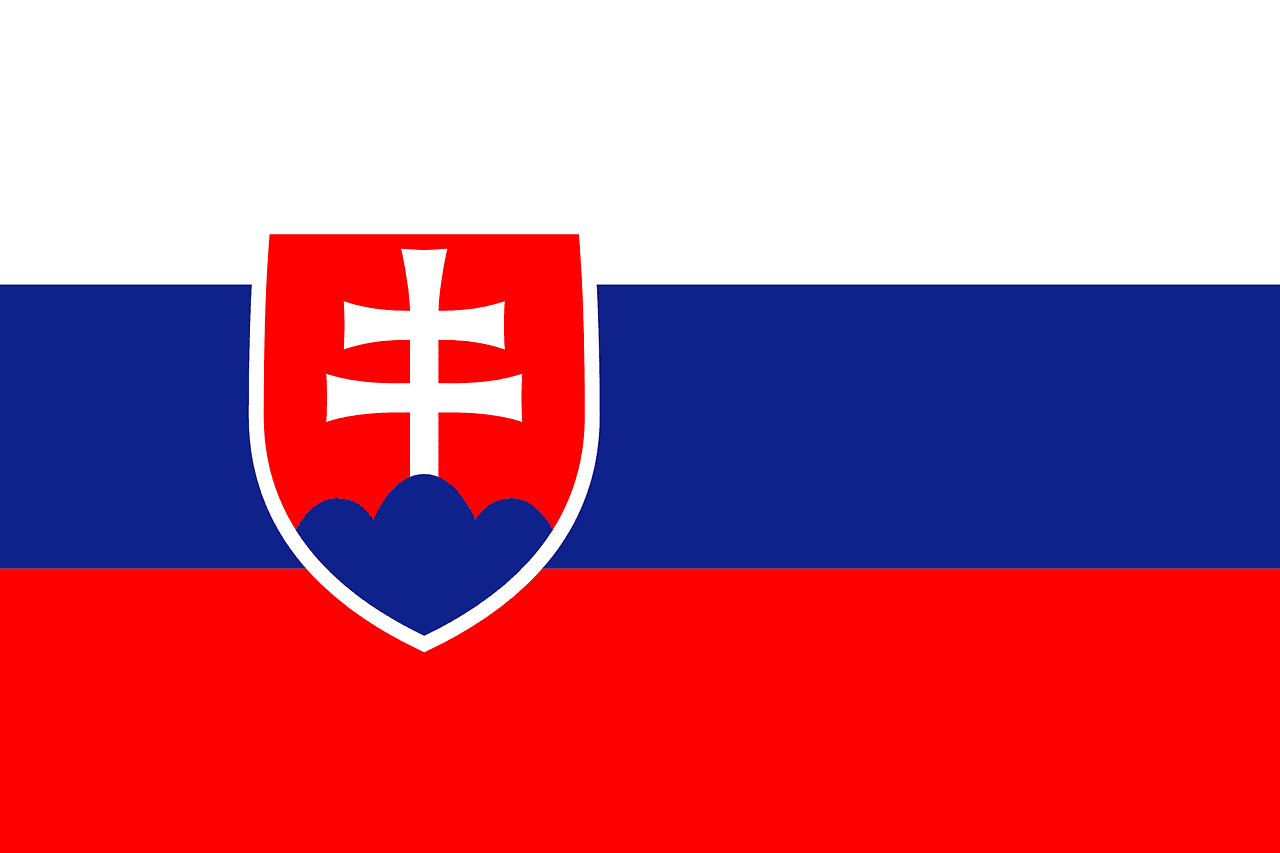Slovakia
Why did Slovakia decide to join the coalition?
Wild pollinators are an important part of nature and biodiversity protection and long-term and sustainable management of landscape. They pollinate a large proportion of plants also in agriculture and are significantly contributing to the agricultural production and rural development. Beekeeping is an important tradition also in Slovakia. Therefore, a basic level of awareness of the significance of bees is present in society, more focus on importance of other pollinators is although helping to understand their value and value of pollination as a natural and crucial process. People foster a high degree of positive feelings about the role of bees, but lack of deeper awareness on the role of wild pollinators is still significant and should be improved in the future.
What is the current situation regarding pollinators and pollination in Slovakia?
In Slovakia we started to protect wild pollinators already in the past mainly through protection of specific habitats and species under the Natura 2000, but protection of pollinators significantly improved as a consequence of the better implementation of the EU pollinator’s initiative from 2018. There is also ongoing monitoring of selected areas, where we study the conservation status and trends of wild bees in selected regions of Slovakia and deliver an effective scientific method for obtaining quality data for long-term monitoring of the wild pollinators’ conservation status. Monitoring is currently taking place in several regions with more than 50 test sites. Based on the acquired knowledge, targeted and effective measures could be implemented in the future to help the threatened populations in the field.
More detailed information on the philosophy of monitoring, the method of evaluation, the performance of field monitoring, the results for specific species (in addition to the standard information on the abundance and detected species on the site, other qualitative data are also collected regarding the quality of the habitat of the species, the quality of the population, future prospects) are an important element of the monitoring and data collection on impacts and threats at locations are also collected. Rhis information can be found online at www.biomonitoring.sk. A significant part of the processed assessments is also accessible in published form.

Permanent monitoring sites regularly monitored since 2013 for individual groups of pollinators in Slovakia (author of the graph: Ján Černecký)
What are Slovakia’s expectations for the future?
Slovakia aims to be a better player regarding the conservation of pollinators as well as their habitats. In the future, we will strive to enhance the conservation of wild pollinators in particular in the Natura 2000 network and protected areas, but much more also in broader agricultural surrounding, where the discussions especially from 2020 really started to focus on more “pollinators friendly” strategic plan 2023 – 2027 of the Common Agricultural Policy (CAP).
Slovakia thus far has not drafted an independent strategy for the conservation of wild pollinators, and we will most probably do not prepare any. We will incorporate all relevant conservation measures into the updated national biodiversity strategy and action plan till 2030 and also to the management plans of relevant Natura 2000 sites that are beneficial also for pollinators.
In the near future a new CAP Strategic plan for the 2023-2027 period will be implemented, in which wild pollinators and their pollination services are included significantly as well and the main goal will be to implement them together with farmers properly. In the CAP, payments, measures and interventions, which support also pollinators protection and pollinator friendly management practices will be targeted better arising also from the SWOT analysis and needs assessment for the preparation of the CAP.
With these new requirements and measures we will acknowledge the positive impact wild pollinators have on the society and improve their conservation status. We will also try to influence the management of our landscape more positively not only for pollinators, but for nature and biodiversity purposes more generally. This will be done through the whole Green architecture of the CAP, both through the first as well as second pillar of the CAP. Fortunately, also farmers realised that several sustainable changes within the agricultural landscape will have to be changed not only for pollinators, but also for nature and biodiversity in general.
Tips for other members
The UN World Bee Day, initiated by Slovenia, aims to highlight the importance of pollinators, acknowledge the threats they face and recognize their contribution to sustainability. Slovakia warmly encourages other members to help us raise public awareness of wild pollinators by organising activities within this initiative – importance of pollinators and pollination as a process is a very good common interest, which brings better together all relevant experts and also easily helps to raise awareness raising both for nature and biodiversity field, as well as for agriculture and which is crucial, also for general public.
Contact
For more information about the story of Slovakia reach out to Eva Viestová: eva.viestova@enviro.gov.sk

